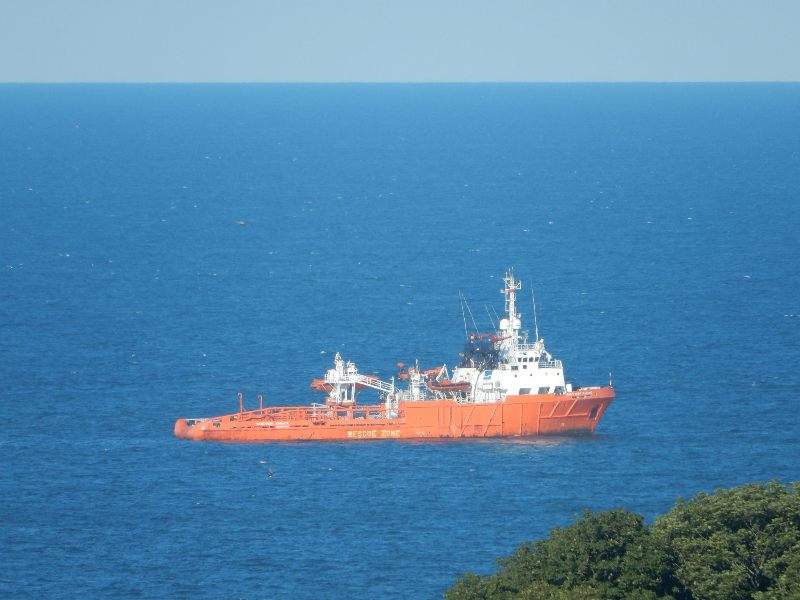
Fiji’s University of the South Pacific (USP) has signed a memorandum of understanding (MoU) with China Navigation Company (CNCo) to jointly carry out feasibility studies for the design costs and development of new-generation, low-carbon ships for the Pacific region.
Project Cerulean will help develop a new cargo freighter named Project Ship.
Once the commercial viability of the freighter is proved, it is expected to be produced in bulk to offer a cost-effective solution for the marginalised communities in the Pacific Island Communities and Territories (PICT).
The newly formed partnership initially intends to design, build and trial the Project Ship for the PICT in collaboration with Micronesian Centre for Sustainable Transport (MCST).
CNCo and USP will operate and monitor the performance of Project Cerulean for two years from launching the project. They will also monitor the delivery of the project after the Project Ship sea trials.
CNCo is expected to provide an initial investment of nearly $2.5m-$3m to build the freighter. The low-cost, low-carbon, low-tech freighter will be built in the South Pacific.
How well do you really know your competitors?
Access the most comprehensive Company Profiles on the market, powered by GlobalData. Save hours of research. Gain competitive edge.

Thank you!
Your download email will arrive shortly
Not ready to buy yet? Download a free sample
We are confident about the unique quality of our Company Profiles. However, we want you to make the most beneficial decision for your business, so we offer a free sample that you can download by submitting the below form
By GlobalDataCNCo Sustainable Development general manager Simon Bennett said: “We want to raise economic capacity in the South Pacific and service the outlying communities in the region, which are not currently on mainline routes.”
PICT currently imports almost all of its essentials and other vital movements via the sea.
Long-term, domestic-level, sustainable and cost-effective sea transport solutions have always been a difficult issue for PICT.
The majority of sea routes in PICT are using conventional shipping solutions and need to maintain increasingly high government subsidies.







